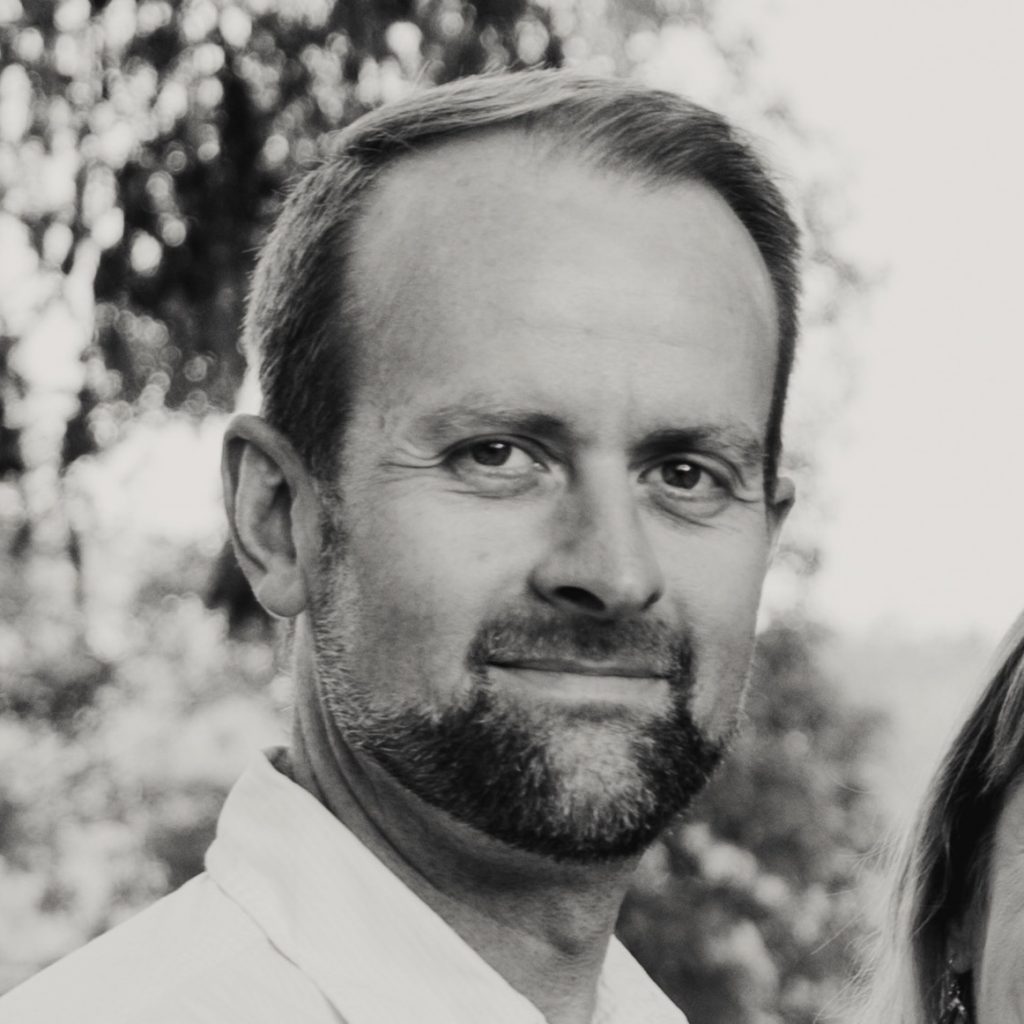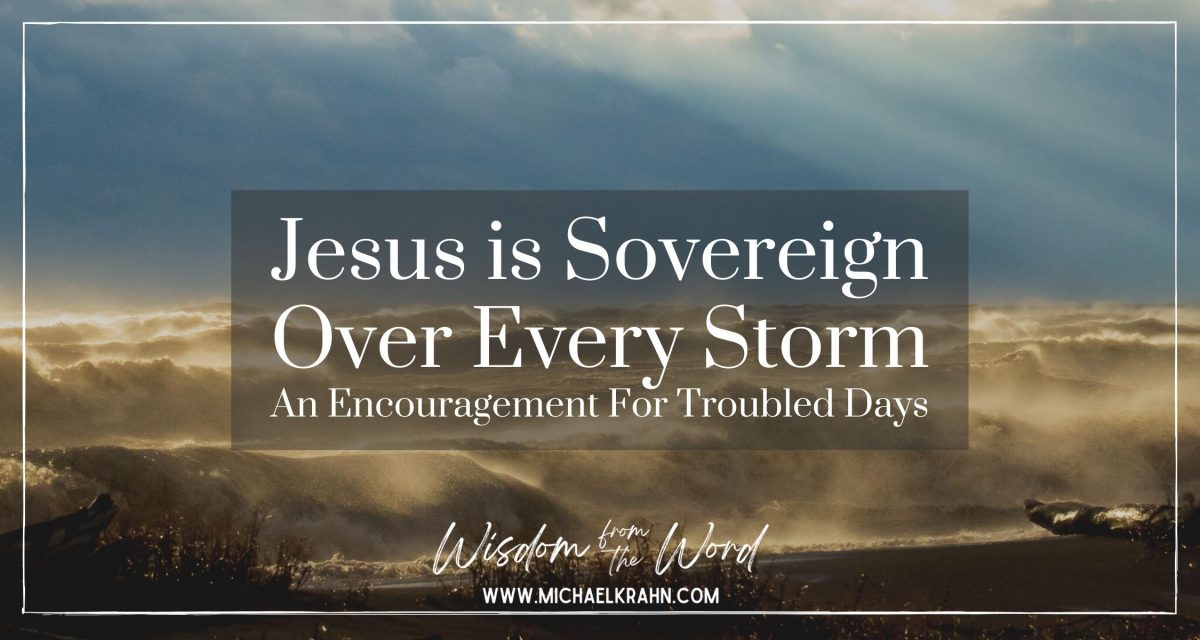Paul writes to the Philippian church, reminding them that God had begun a good work in them: “And I am sure of this, that he who began a good work in you will bring it to completion at the day of Jesus Christ.” (Phil. 1:6)
The beginning of that good work was the moment when God’s call resulted in repentance and faith, and Paul assures them that God’s work of redemption will continue in their lives, eventually reaching a point of completion on the day that Jesus returns.
No Half-Done Projects
The same is true for us. God has started a work in us that he is going to finish. He’s not like us with so many of our half-finished home renovation projects. We start with excitement but then run out of energy, interest and supplies and leave the work undone. God sets us on the path of reconciliation and redemption and promises that we will be fully reconciled and fully redeemed.

We need not worry; we don’t have to wonder: “Will God get the job done? Will he finish what he started? Or will he leave me hanging?” If you have experienced the new birth you are on a journey from spiritual death (your starting point) to complete perfection in the full and permanent presence of God ( your eternal destiny). That journey is called sanctification.
There are only two possible points where the progress of your sanctification comes to a stop. Either at your death or at the return of Christ. At every other moment, God is working in you to bring his work to completion. That means it’s happening RIGHT now!
God at Work
It doesn’t always feel like it though, does it? If God is at all times at work in my life, why do I sometimes feel so sad and alone and anxious? Well, keep in mind that he is at WORK. To create a statue many chunks of marble must be chipped off. To make a sturdy table, a lot of cutting and sanding takes place. Constructing a beautiful building involves numerous noisy and dirty processes. But when that work is done we look at the finished product and marvel at its perfection.
That day of marvellous perfection is coming for all who belong to him. And when that day comes we’ll get to see the blueprints and we’ll understand what those unpleasant phases of construction were all about.
But until that time, we trust this promise, that “he who began a good work in you will bring it to completion.”
Paul is confident that their faith will stand and that they will persevere until the end because of the work of God’s sovereign saving grace among them. He is confident that their future prospects are good.
And he doesn’t derive this confidence from their solid qualities as human beings, but from his trust in God’s ability to bring about that which he has promised to accomplish.

Michael Krahn is the Lead Pastor of the EMMC church in Aylmer, Ontario, where he has served for the last 13 years. He has been married to Anne Marie for 27 years and together they have three daughters (19,18,16). You can find more of Michael’s writing at www.michaelkrahn.com or connect on social media at @Michael_G_Krahn (Twitter), pastor.michael.krahn (IG), and Michael.George.Krahn (Fb)


















